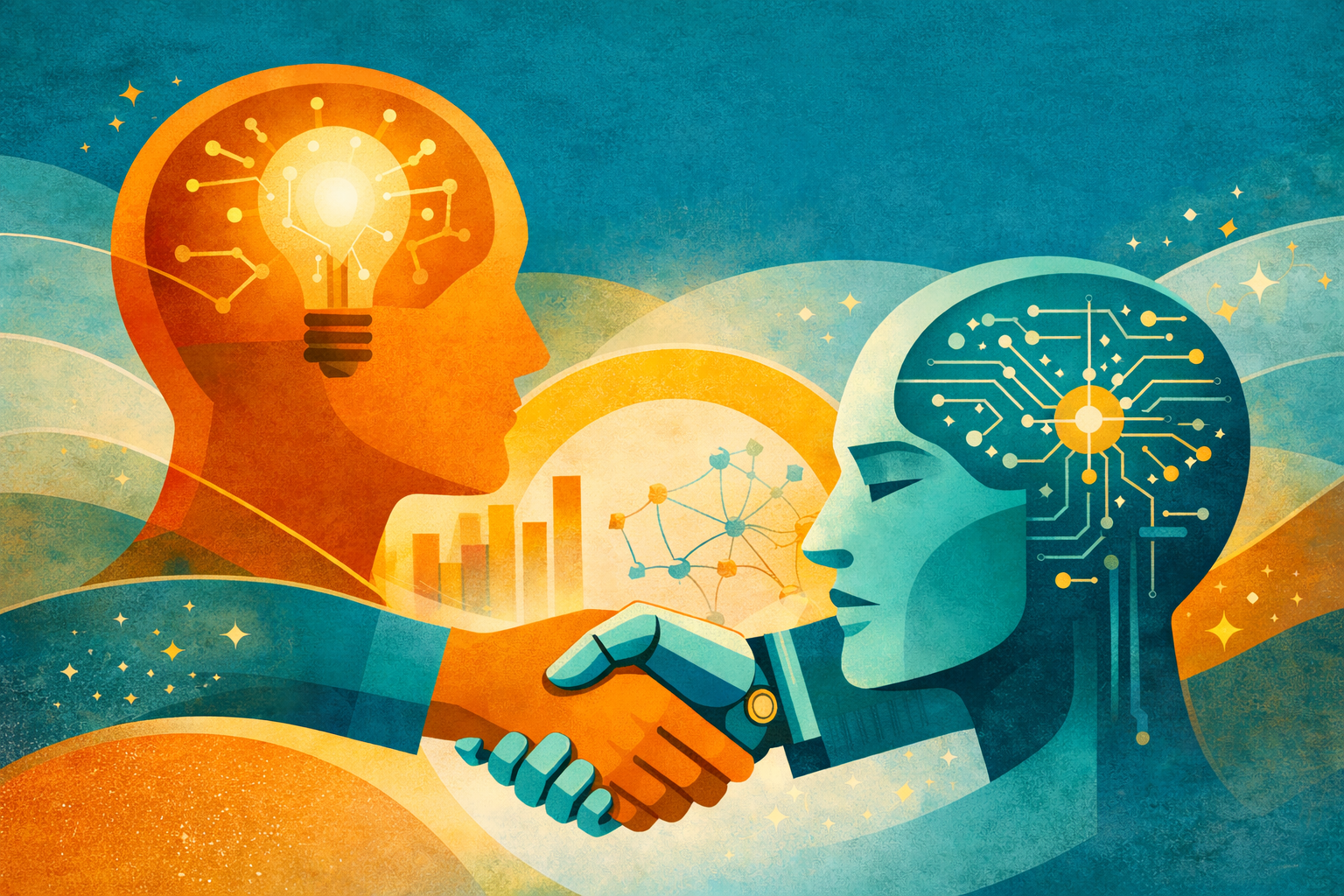Do you avoid conversations with other people? Maybe you feel like “no one understands me,” and this prevents you from seeking out interactions. And when you do try to communicate it feels like no one listens to you anyway. You want to be understood, but you haven’t had much success.
Maybe your experiences of communication involve people speaking over each other. And this reinforces the feeling that no one is listening. It makes starting a conversation an uncomfortable experience. Instead of someone listening to you, it seems like they only care about what they have to say.
For me, it can be easy to think everyone else is the problem - especially with communication. As I made an effort to improve my listening skills, I noticed that my conversations became easier. By being a better listener, you’re able to check in with how others are interpreting the conversation. Before a message gets completely lost, you’re able to understand how the other person is responding to what you’re saying. And you can ask questions to clarify when things seem to be getting off track.
At MacklinConnection, we offer a course that discusses the fundamentals of communication. Our founder, Ron Macklin, noticed in his career that most people were not actually communicating with each other. So he spent decades establishing a method to improve how you communicate. Humans are wired for connection and communication is a large part of this process. There is a biological basis for effective communication - it just isn’t something we’re taught as kids.
In this article, we’ll look at how listening is key to effective communication and steps you can take to be a better listener.
Why Does Listening Help Communication?
Listening is key to preventing misunderstanding and miscommunication. Listening also develops greater trust between people and enhances our ability to connect through establishing empathy.
As humans, when we communicate, we don’t directly upload our message to the other person. If someone is speaking, we interpret and process what they are saying through our own filters. So when someone is speaking to you, you are making up a story in your head about what they are saying. Likewise, when the other person is speaking, they are sharing their own interpretations of life.
Being a good listener means you are trying to better understand their interpretation of the world. Without actually listening to someone, you’re going to struggle interpreting what they are trying to say. And this is how miscommunication and misunderstanding happens so easily.
3 Benefits of Listening Skills
- Listening skills result in fewer errors, so you can have more clarity.
One of the benefits of listening to people is reducing misunderstandings. These misunderstandings stem from people not being able to retain what was said. Studies have shown that immediately after someone speaks, people remember only half of what they heard. Better listening skills enable you to actually retain information. Let’s say you’re in a work environment and someone is telling you what needs to happen on a project. If you don’t listen to what they are asking for, you’re going to struggle with completing the project. You might hear certain specifications being told to you. But focused listening is the only way to know exactly what you should be doing. This can help eliminate confusion.
- Listening promotes trust and empathy between people in a conversation.
If you are actively listening to someone and asking relevant questions, they will feel more comfortable. You can make them feel like they matter. When we notice someone isn’t listening to us, we stop seeing them as someone we want to share with. We disengage. Listening is the antidote to this. Listening allows others to feel like they want to interact with us and share. Who are you more likely to approach for a conversation - someone you know will listen or someone who checks out when you talk?
- Listening reduces conflict.
When you really listen to someone, you can ask questions about anything you don’t understand. In the moment, you can identify any potential issues or confusion. So much conflict stems from making assumptions and creating stories in our head about what someone said. By listening, we can clarify what we don’t understand. And we can seek to gain more understanding about the other person’s perspective.
How to Be a Better Listener
Being a better listener is one of the most important skills to build to improve your communication. But learning to listen is simple. It requires focus and follow up.
- Focus on what the other person is saying. When you have a conversation, are you listening to the other person? Or are you thinking of what your response is going to be? We think much faster than we speak. When we listen, we are continuing to think at the same high speed while the other person is speaking. So it is easy to let your thoughts run wild while someone else is speaking. When you are listening to someone, really turn your attention to them. When you feel like you’re starting to formulate a response, actively stop yourself and return your focus to the other person.
- Don’t assume anything. Remember, when someone is speaking to you, they are sharing from their own understanding of the world. This could be completely different from your own interpretation of the world. Instead of assuming you know everything about what they are saying, share what you notice with them about what you heard.
I have struggled with this in the past - especially with my family. I was traveling with my brother in London a couple of years ago. We have different expectations when it comes to sightseeing and enjoying our time. My brother likes to go by a schedule. I like to keep things up in the air. Our hotel came with complimentary breakfast reservations at a local coffee shop. My understanding was that we could arrive anytime during the breakfast service hours. My brother's expectation was that we would get there right at the start of breakfast service.
The initial conversation about this looked like my brother telling me about the reservation and saying that he wanted to make sure we took advantage of this. This is what I heard anyway. He maintains that he told me a specific time we needed to get to the restaurant.
But I wasn't being a good listener in this situation. I heard him start to talk about the breakfast reservation and assumed I knew what our plan was. I had heard the concierge tell us about this offer when we checked in, so I thought I already knew everything about it.
But my brother was communicating something different. I should have clarified by telling him what I heard - just that we needed to get there within the breakfast hours. Then he would have had the opportunity to share he was saying something completely different than what I assumed. - Ask questions. The only way you can get a better understanding of what someone is saying is to ask questions. In addition to sharing what you heard the other person say, ask questions. Before you start to create your own interpretation of what was said, ask the other person more about where they are coming from. Ask questions about what you might be confused about. Ask follow up questions to gain more clarity. This will also signal to them that you were actually listening to them.
In the earlier example about traveling with my brother, he was upset because I showed up to breakfast at the wrong time. But he was also upset because I didn't listen to him when he was trying to share the plan. In addition to repeating what I thought he said, I could have asked him questions about exactly when he wanted to be at breakfast. I could have asked what time he wanted me to be ready to leave the hotel. I could have also asked what time we needed to be at the restaurant and what time he preferred to be there.
Asking questions is such a simple way to show someone you are trying to listen and understand. It signals you are present in the conversation and trying to prevent miscommunication.
Listening is an Important Communication Skill
If you find yourself thinking “no one listens me,” you might feel like you struggle with communication. You might be scared to start a conversation, thinking that no one is going to understand you. Communication is fundamental in connecting with others. So miscommunication and lack of listening can make you feel alone.
Listening is one of the most important communication skills. Listening will help you avoid errors and misunderstandings. And it can completely change the way you interact with others. By addressing your listening skills, you’ll be able to set the tone for your conversations. Other people can feel when you are actually listening to them. And that changes the dynamic of a conversation. Think about a time someone wasn't listening to you. You didn't want to share with them when you realized this, right? But when you can feel someone is listening, you are excited to continue the conversation. And this is a great starting point to being able to communicate with others.



.png)

